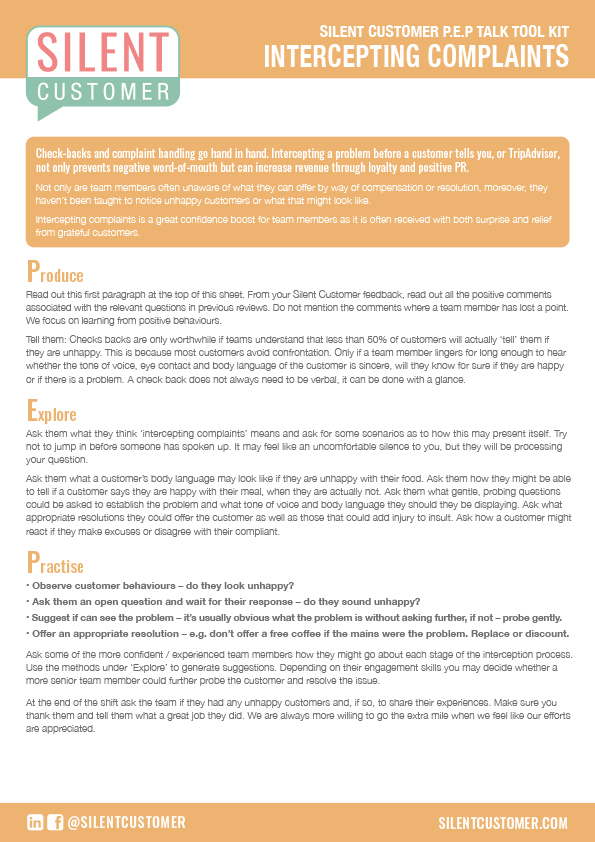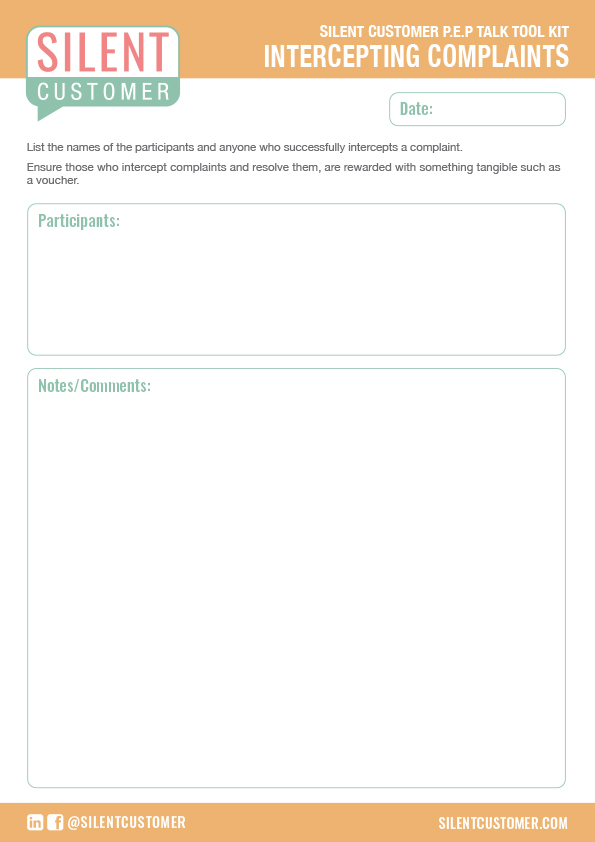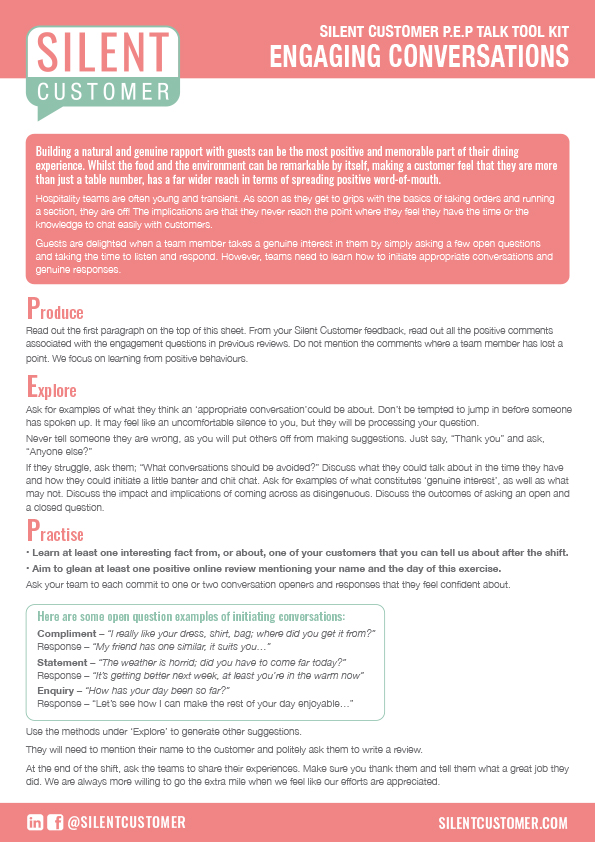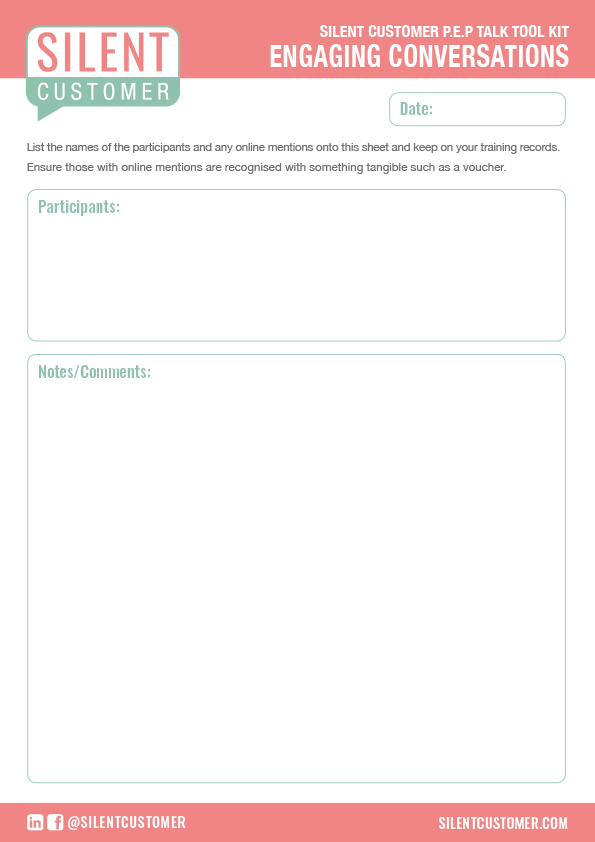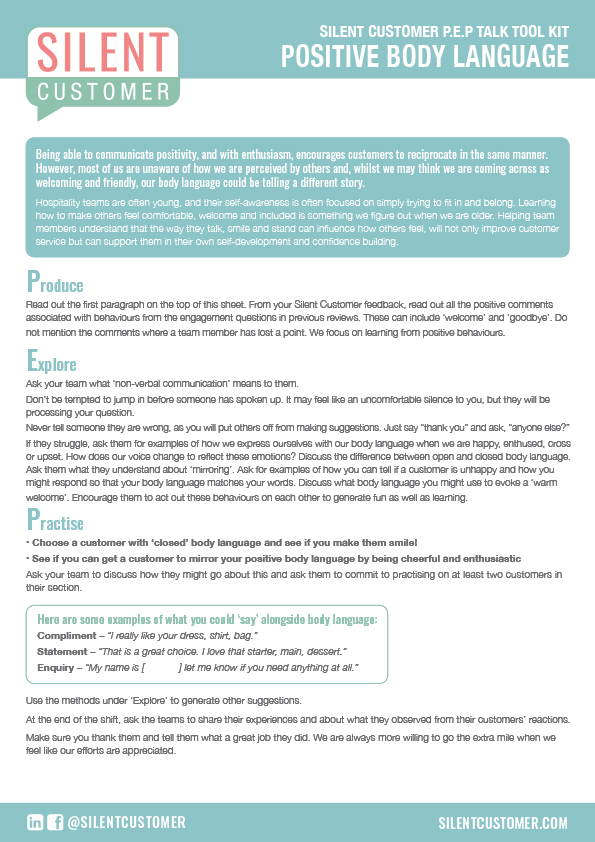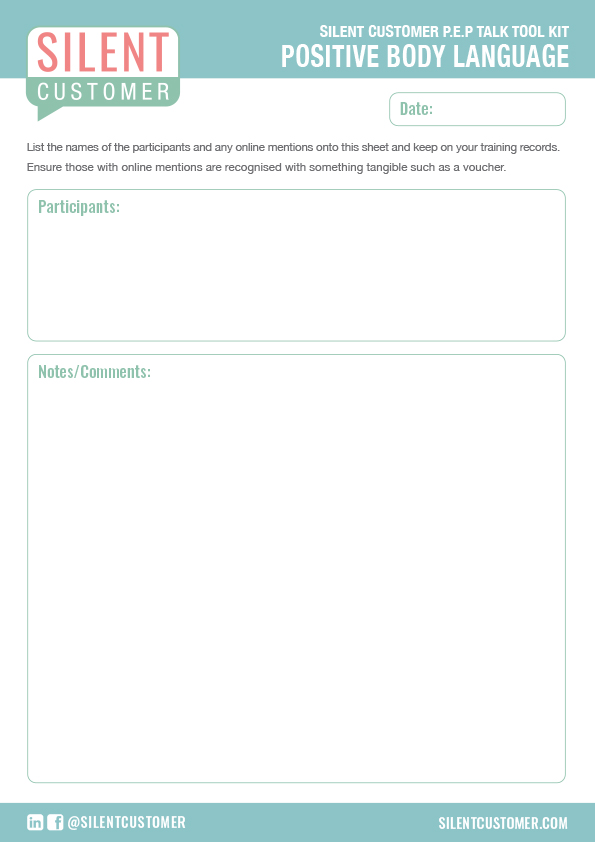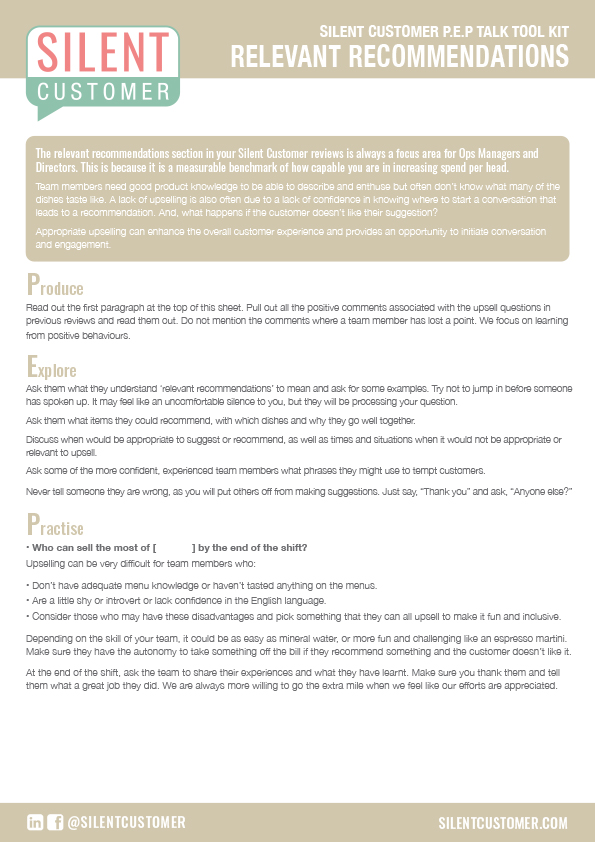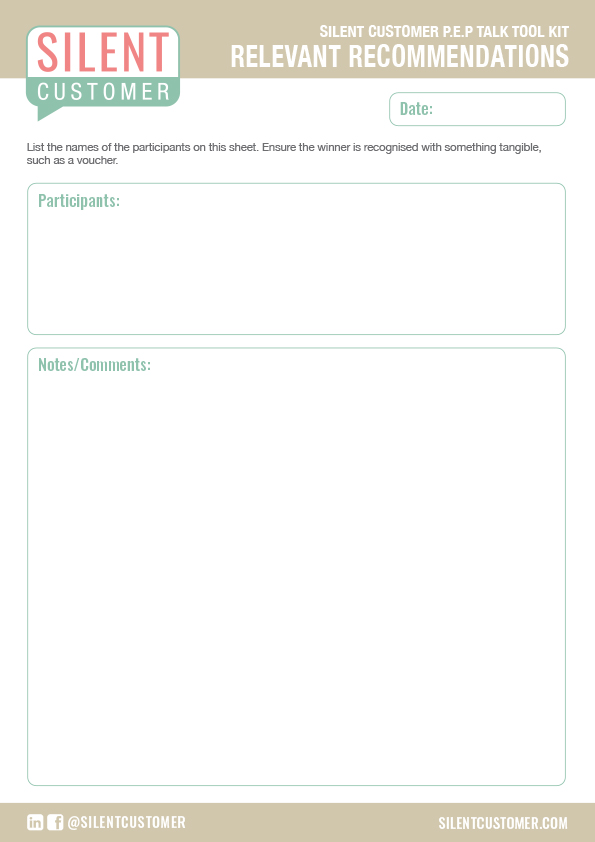Mystery shopping companies have always struggled with the editing of poorly written reports. Indeed, by way of trying to raise these standards, Silent Customer gives feedback and grades our mystery guests on writing style, objective feedback, grammar, and spelling. We check all submitted reports twice. So, what about using AI as a tool for mystery shoppers?
What is AI?
Platforms such as Grammarly and ChatGPT have come to the forefront of our lives as an easier way to write passages of relevant text. LinkedIn is using AI for repurposed content to encourage comments on their platform.
But whilst it seems like a fabulous way of making easier something which many of us struggle with, what does that mean for the written word by way of a tool we use to communicate new ideas, true human experiences, learning, science, the arts and social development?
Educational institutions are now having to find ways of intercepting AI content for fear that students are unable to prove comprehension of their subject. Google has started to crack down on AI content in favour for text and videos with original content and fresh opinions that give a new insight.
Software has now been developed to spot AI content to warn those who do not favour it.
What does AI mean for Mystery Shopping companies?
Well, on the upside it can mean less editing time correcting poor grammar and spelling for our quality control teams. However on the downside, since we are being paid to give feedback based on the human experience, it can be no surprise that AI cannot interpret the complex feelings, behaviours, and emotional filters determined by our genes and upbringing or our impressions of what we taste, smell, touch and see.
AI can only regurgitate adjectives it knows as being ‘possibly’ appropriate to the content. It is, as yet, unable to understand the context. Therefore, most Ai written content, when used in describing a true dining experience is overly effusive and verging on the ridiculous when describing something as ordinary as a toasted sandwich. Furthermore it doesn’t give any objective feedback about the actual product since it’s unable to see or taste it or put it into a social context.

Examples of AI language as opposed to human experience language styles in mystery shopping.
AI language
Effusive, abstract language:
‘My burger was cooked to perfection and elaborately adorned with the relevant accoutrements that one would welcome on such a dish. The flavours were a delight to the palet’.
It doesn’t take a Master Chef judge to know that not only is this ridiculously, flowery language for its context but it doesn’t describe what was good about it or why. That is because it can’t be either objective or subjective about something it doesn’t know about.
Human experience language
Appropriate, descriptive language:
‘My burger was cooked medium as I requested. It was served with little gem lettuce, slices of beef tomatoes, gherkins and a mild but zingy burger sauce. It was served with a slightly toasted brioche bun. Overall. I found it to be juicy and delicious. Certainly, it was one of the better burger I have eaten recently’.
This feedback is both insightful and objective in that it describes what made it delicious. It is also appropriate in its emotion within its social context.
How can mystery shoppers use AI to help them
AI can be used to help structure a sentence or a paragraph and can help our editors to spend less time correcting spelling and grammar. However, shoppers must describe their experiences using true adjectives that accurately and objectively describe their experience based on sound, smell, touch, and taste in an appropriate context of their social surroundings. Effusive adjectives need to be edited out and replaced with words and commentary that mirror the real-life experience. It doesn’t need to be proven, one way or the other, whether AI has been used or not. What counts is that the teams have been fairly assessed and that the feedback is written in a way that is true, objective, and an accurate reflection of that human experience. It doesn’t take a ‘spot AI’ platform to determine the inappropriacy in descriptions such as: ‘The delicate flavours of the cheese were a perfect pairing with the vibrancy of the grilled tomato in my toasted sandwich’!
What does AI mean for mystery shopping Quality Control Editors?
The difference in effort on the part of our quality control editors is still the same: Reports from mystery shoppers who know how to write objectively, using sophisticated language, at a level that is appropriate to the social setting will need less editing. However reports from mystery shoppers who struggle with the written word and who will endeavour to use AI, will still require the same amount of effort, with back-and-forth communication, from editors trying to translate the experience into comprehensible insight.
Is your mystery guest company delivering appropriate feedback? Get in touch with us at Silent Customer and discover how we can provide mystery shopping insights that influence behavioural change.
Janet Wood: Founder Silent Customer


